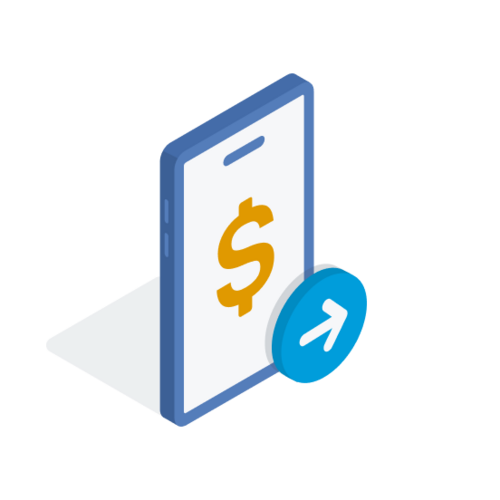Managed account and advice services.
Discover how to better support your employees on the path to retirement.
Each participant
For many people, retirement planning can feel overwhelming. But a little guidance—and the right plan design—can make a big difference in helping participants work toward their retirement goals.
Help participants work toward their retirement goals and stay on track.
With a managed account service, participants get access to personalized savings and investment recommendations from an independent registered investment adviser.1 And, for a fee, they can receive ongoing professional management of their retirement plan account.
-
Increased deferral rates
After an advice consultation, almost 60% of participants increased their deferral rate by an average of nearly 4%.2
-
Increased confidence
Participants working with a financial advisor are 4x more likely to be financially confident than participants that have not met with an advisor.3
Participants get access to:
- A target retirement age and income goal
- A savings strategy to help them get there
- An investment allocation recommendation based on investments available within the plan
- Automatic adjustments to their investments as their situation changes

A range of plan design options.
With multiple ways to set up managed account and advice services, you can choose the solution that works for your plan and participants.
- Managed accounts as the qualified default investment alternative (QDIA), including full or partial plan reset
- Managed accounts as a dynamic QDIA paired with a target date fund or custom model portfolios
- Managed accounts as an opt-in service
- Online third-party advice tool
Advisor managed accounts
Guidance and support for participants.
We help employees understand how the pieces of their retirement fit together—and fit within the bigger picture.
- Innovative education, digital tools, and access to products and services to help them manage their finances
- Targeted communication and engagement campaigns
- Access to the latest retirement planning features and technology from Morningstar Investment Management LLC
- Experienced Advice Consultants to answer questions about recommendations received through the third-party managed account service

Additional fiduciary support for your plan.
Morningstar Investment Management serves as an ERISA 3(38) fiduciary, accepting responsibility for the advice provided through the managed account service.4
Contact
-
Talk with us about all the options available to your business.

